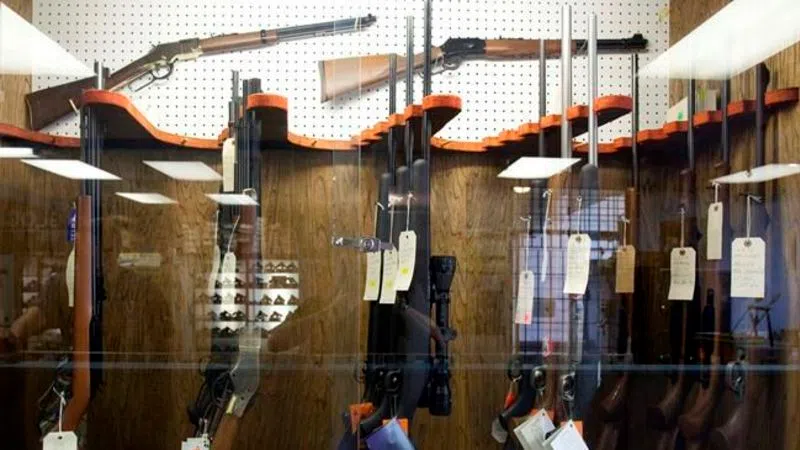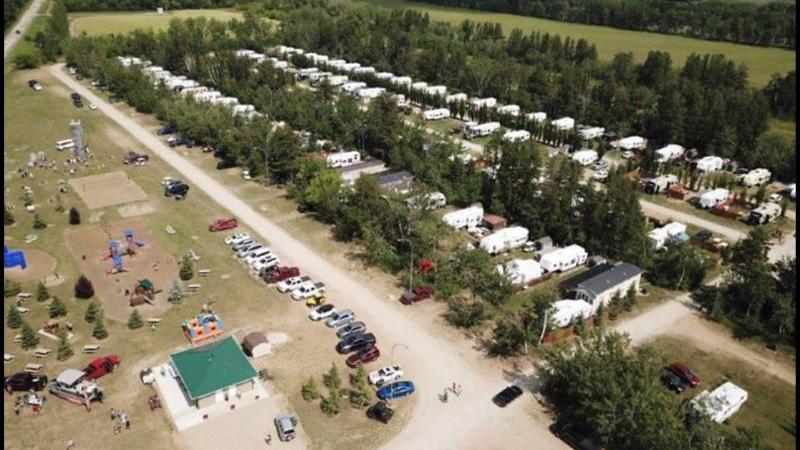
Quebec credits new gun registry for huge jump in number of voluntary surrenders
MONTREAL — The Quebec government is crediting its new gun registry law for a major spike in the number of long guns voluntarily handed over to police for destruction.
Between April 1, 2018 and March 31, 2019, 5,250 long-guns were voluntarily given to authorities to be destroyed, according to provincial police spokeswoman Joyce Kemp.
The previous year, 2,406 long guns — such as rifles and shotguns — were surrendered. That’s an 118 per cent increase. The government estimated in 2015 there were 1.6 million long guns in Quebec.


